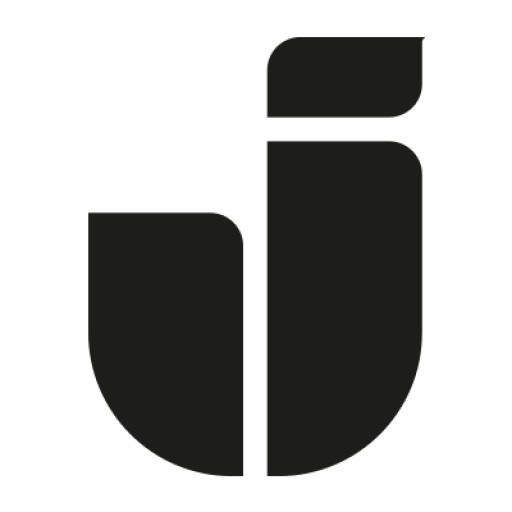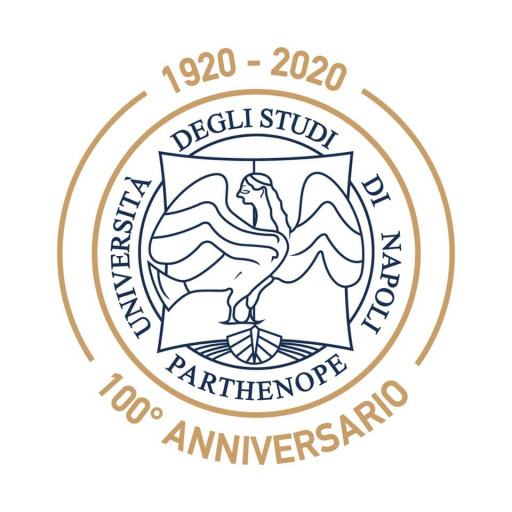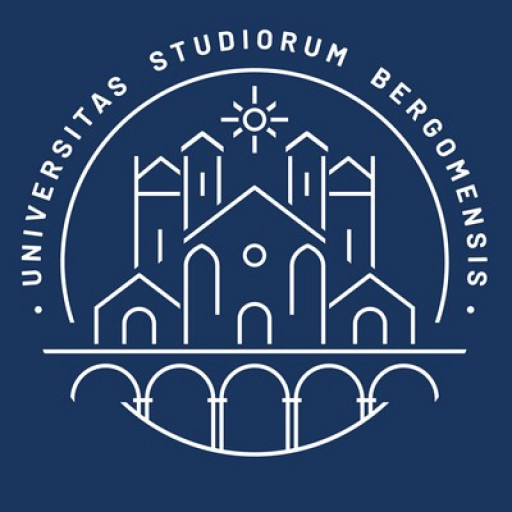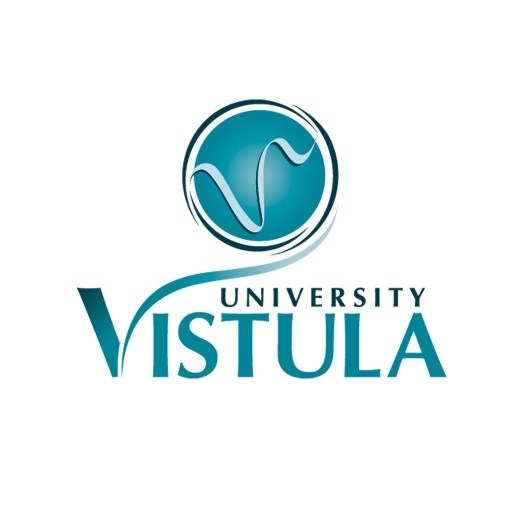Photos of university / #jonkopinguni
The International Economics and Policy master’s programme at Jönköping University offers students a comprehensive understanding of the complex and dynamic nature of the global economy. This programme is designed for individuals interested in analyzing international economic issues, developing strategic solutions, and influencing policy decisions within a global context. Throughout the course, students will explore key economic theories, global trade, financial systems, economic development, and the role of international institutions. The curriculum emphasizes both theoretical knowledge and practical skills, preparing graduates to work in international organizations, governmental agencies, financial institutions, or multinational corporations. Students will engage in case studies, simulations, and research projects that foster the ability to critically evaluate economic policies and their impacts on various stakeholders. The programme also emphasizes sustainable development, ethical considerations, and the interconnection between economic policies and societal well-being. Students will benefit from a diverse and international learning environment, gaining insights from faculty with extensive professional experience and research expertise. The programme equips graduates with advanced analytical tools, strategic thinking abilities, and a solid understanding of the economic forces shaping the world. With strong links to industries and policymakers, students will also have opportunities for internships and collaborative projects, enhancing their practical experience and employability. Upon completion, graduates will be well-prepared for careers in international economic policy, research, consulting, and leadership roles in a variety of sectors. The programme’s location in Sweden also offers unique perspectives on European economic policies and integration, enriching the learning experience. Overall, the International Economics and Policy master’s programme aims to develop responsible global citizens and decision-makers who can contribute to sustainable economic development and international cooperation.
The International Economics and Policy Master's program at Jönköping University is designed to prepare students for a dynamic and globalized economic landscape. This programme offers a comprehensive curriculum that combines theoretical knowledge with practical skills, enabling graduates to analyze complex economic issues and develop effective policy solutions. Throughout the programme, students will explore a wide range of topics, including international trade, financial markets, economic development, and global policy-making. The coursework emphasizes analytical thinking, data analysis, and critical evaluation, equipping students with the tools necessary to address contemporary economic challenges facing nations and organizations worldwide.
Students will engage with case studies and real-world scenarios, fostering a deep understanding of how economic policies impact global markets and societies. The programme encourages a multidisciplinary approach, integrating insights from political science, sociology, and business studies, which allows students to appreciate the interconnectedness of economic phenomena. Additionally, students have the opportunity to develop their skills in quantitative methods, economic modelling, and policy analysis, essential for careers in governmental agencies, international organizations, consulting firms, and research institutions.
The programme also offers insights into current issues such as sustainable development, climate change policies, digital transformation, and innovation in the global economy. Students will learn to critically assess policy measures, recommend strategic solutions, and communicate findings effectively to diverse audiences. The international environment at Jönköping University provides a rich multicultural setting, fostering collaboration among students from various backgrounds, which enhances cultural awareness and global networking opportunities.
With a strong emphasis on applying academic knowledge to real-world contexts, the programme prepares graduates for careers in policy analysis, economic consulting, project management, and international trade. Upon completion, students will be equipped to contribute meaningfully to economic policy development and implementation at local, national, and global levels. The International Economics and Policy Master's programme at Jönköping University is an ideal choice for those seeking a rigorous education that combines economic theory with practical policy analysis, aiming to make a positive impact in the world of international economics.
Program Requirements: The International Economics and Policy Master's program at Jönköping University is designed for students who wish to develop a comprehensive understanding of global economic processes and policy-making. Applicants are expected to hold a Bachelor's degree or equivalent in Economics, International Business, or related fields from a recognized university. A strong foundation in microeconomics and macroeconomics is essential, andApplicants should demonstrate proficiency in quantitative methods and data analysis to succeed in the coursework. Additionally, applicants need to provide proof of English proficiency through standardized tests such as IELTS or TOEFL, meeting the university's minimum score requirements. Relevant work experience or internships in economics or policy sectors are considered advantageous but are not mandatory. The admission process also assesses motivation and clarity of purpose through a personal statement where applicants should articulate their interest in international economics and policy issues. Some programs may require letters of recommendation from academic or professional contacts to verify the applicant’s competencies and potential. The program also expects students to possess critical thinking skills and the ability to analyze complex economic issues both theoretically and practically. Once admitted, students must complete core courses that cover topics such as economic theory, international trade, monetary policy, and sustainable development. They are also encouraged to choose electives tailored to their specific interests, including regional economic integration, global finance, or environmental economics. Moreover, students should participate in seminars, workshops, and internships when available to enhance their practical understanding and professional skills. Successful completion of the program requires earning a specified number of credits in both mandatory and elective courses, along with a thesis that demonstrates research competence and practical insights into a relevant economic policy issue. The program aims to prepare graduates for careers in government agencies, international organizations, consultancy firms, or academia, emphasizing analytical skills, policy analysis, and global economic insights.
The International Economics and Policy master's program at Jönköping University offers various financing options to support students throughout their studies. Tuition fees for international students are established by the university and are payable per academic year, with the possibility of applying for scholarships and financial aid programs designed to assist talented students in covering their educational expenses. Jönköping University provides merit-based scholarships that are awarded based on academic excellence, which can significantly reduce the financial burden. Additionally, students are encouraged to explore external scholarship opportunities, including government-funded grants and private foundations that support international education.
The university recommends early financial planning and provides detailed information on installment payment options, allowing students to spread out their tuition payments over the course of their studies. For students from outside of the European Union and EEA, there are specific fees that may differ from those of European students, and these should be considered when planning finances. To facilitate the financial planning process, students can access various resources and advisory services, including counselors specializing in international student finances.
Part-time work is another avenue many students pursue to supplement their income during studies, although this is subject to visa regulations and work restrictions. Jönköping University encourages prospective students to investigate potential funding sources prior to admission to ensure they are adequately prepared. The university's partnerships with businesses and organizations sometimes offer internship opportunities that not only enhance learning experience but also provide additional financial benefits. It is essential for students to thoroughly review the costs involved, including living expenses in Jönköping, to maintain a sustainable financial plan throughout their master's program in International Economics and Policy.
The Master’s Programme in International Economics and Policy at Jönköping University is a comprehensive postgraduate program designed to equip students with a deep understanding of global economic systems and the policy tools used to influence them. The program aims to prepare graduates for careers in international organizations, government agencies, multinational corporations, consultancy firms, and research institutions. It offers a unique blend of economic theory, policy analysis, and practical skill development, enabling students to analyze complex economic issues within an international context.
Throughout the program, students explore key topics such as global trade, financial markets, economic development, international trade policies, and macroeconomic management. The curriculum emphasizes analytical skills, including econometrics, data analysis, and economic modeling, which are essential for interpreting economic data and formulating well-informed policy recommendations. Additionally, students develop a comprehensive understanding of the political and social context in which economic policies are implemented, fostering a well-rounded perspective on international economic affairs.
The program is designed with a focus on real-world applications, featuring case studies, group projects, and internship opportunities that provide practical experience. Students engage with current global economic challenges, such as globalization, climate change, income inequality, and technological advances, preparing them for the dynamic and complex nature of international economics.
Jönköping University is known for its innovative teaching methods, international orientation, and strong connections with industry and policymakers, which enrich the learning experience. The university’s facilities and resources support collaborative learning and research, encouraging students to develop critical thinking and problem-solving abilities. Language of instruction is English, attracting students from diverse nationalities and fostering an international learning environment.
Graduates of the program will possess a solid foundation in economic theory, quantitative analysis, and policy formulation, enabling them to contribute effectively to economic policy discussions and decision-making processes on a global scale. The program also emphasizes ethical considerations and sustainability issues, encouraging students to think about the broader impacts of economic policies.
Overall, the Master’s in International Economics and Policy at Jönköping University is tailored for students seeking a rigorous academic program combined with practical experience, aimed at developing competent professionals ready to address the economic challenges of the 21st century.










